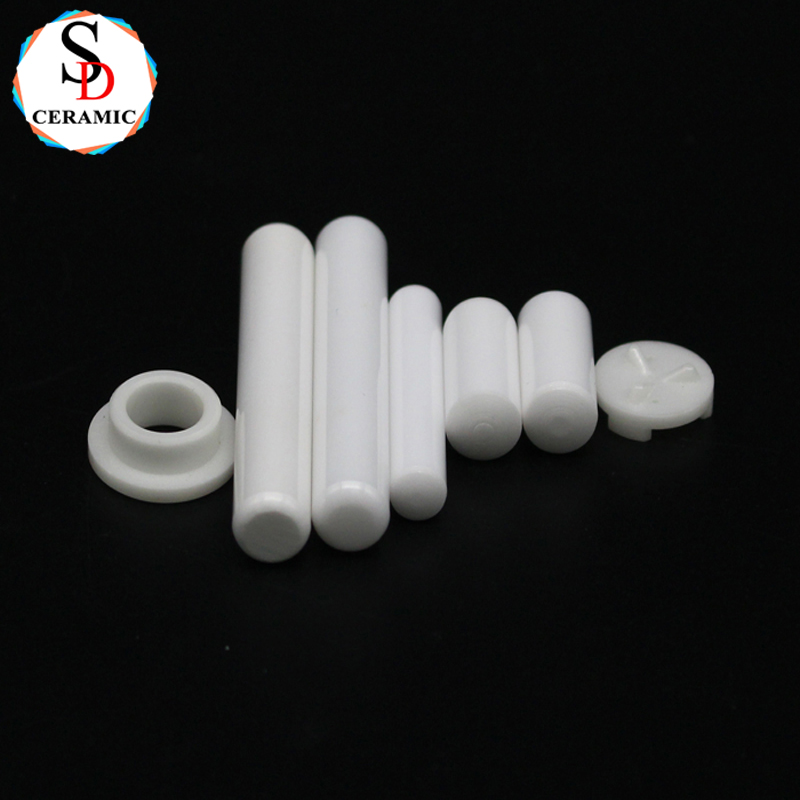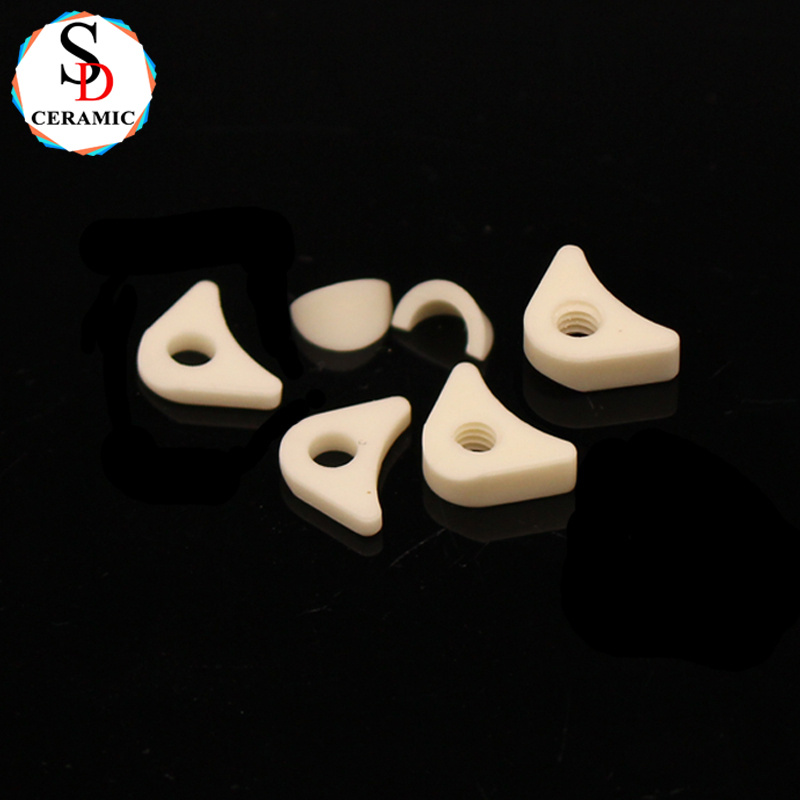Precision ceramics (also known as advanced ceramics or engineering ceramics) are non-metallic materials made from high-purity inorganic materials through precision processes. They possess properties such as high temperature resistance, corrosion resistance, high hardness, and excellent insulation, and are widely used in the following industries:
1. Electronics and Semiconductor Industry
Precision ceramics are one of the core materials for electronic components:
Insulating substrates: Alumina (Al₂O₃) and aluminum nitride (AlN) ceramics are used in chip packaging substrates, offering excellent heat dissipation performance.
Semiconductor equipment: Silicon carbide (SiC) ceramics are employed in etching machine components for wafer manufacturing, as they are resistant to plasma corrosion.
Piezoelectric ceramics: Lead zirconate titanate (PZT) is applied in sensors, buzzers, etc., enabling the conversion between electrical and mechanical energy.
2. Medical and Bioengineering
Thanks to their biocompatibility, ceramics have become key materials in the medical field:
Artificial joints and bones: Zirconia (ZrO₂) ceramics, with strong wear resistance, are used in hip replacements; hydroxyapatite ceramics can promote bone tissue regeneration.
Dental restoration: All-ceramic crowns have a color close to natural teeth and are corrosion-resistant.
Surgical tools: Ceramic scalpels are sharp and antibacterial, suitable for minimally invasive surgery.
3. Industrial Machinery and Energy
The ability of ceramics to withstand extreme environments contributes to industrial upgrading:
Cutting tools: Silicon nitride (Si₃N₄) ceramic tools can perform high-speed machining of cast iron and alloys, with a service life several times longer than traditional tools.
Energy equipment: Zirconia ceramics are used in electrolyte layers of fuel cells for efficient ion conduction; silicon carbide ceramics serve as neutron-absorbing materials in nuclear reactors.
Wear-resistant components: Ceramic bearings and seal rings in chemical pumps are resistant to acid and alkali corrosion.
4. Aerospace and Military Industry
High reliability makes ceramics a preferred choice in cutting-edge fields:
Thermal insulation layers for spacecraft: Porous silica ceramics are used in rocket nozzles, capable of withstanding high temperatures of 3000℃.
Armor protection: Boron carbide (B₄C) ceramic composite armor is lightweight and can resist bullet penetration.
Satellite components: Ceramic fiber-reinforced materials are used in satellite antennas, combining light weight and stability.
5. Environmental Protection and New Energy
Ceramics facilitate the development of green technologies:
Sewage treatment: Porous ceramic filter membranes can filter heavy metal ions.
Exhaust gas purification: Honeycomb ceramic carriers are the core of automobile catalytic converters, promoting the decomposition of harmful gases.
Conclusion
Precision ceramics, with their unique properties, are indispensable from daily medical care to space exploration. With advancements in technologies such as nanotechnology and 3D printing, their application boundaries will further expand, making them the "invisible pillar" of high-tech industries.
 |  |
If you have any questions or need help, feel free to contact with our team.
Phone
+86 15335210683
Location
Qianluo Village, Dingshu Town, Yixing City, Jiangsu Province, China
Welcome to subscribe to our email message!


Copyright © Yixing Shengda Refractory Ceramic Co., Ltd. All Rights Reserved | Sitemap | Powered By 